The Covid-19 crisis has proved large challenges in various sectors of the world, significantly impacting greatly the economy, education, and health. Mental health, whilst seeing improvements over the years, is still an overlooked issue which the pandemic only fuelled.
The mental load of the pandemic has clearly affected the general public’s mental health, yet surveys show that this impact has especially fallen upon women. Lockdowns also saw increases in gender-based domestic violence cases, and the gender pay-gap seems to have regressed.
The European Commission Representation in Malta and the European Parliament Office in Malta will address an event concerning the relationship between the general public and the European measures for gender equality and wellbeing that were enacted during the COVID-19 crisis, showing how women have been affected by the pandemic.
Awareness will be raised on the subjects of telework, gender equality, the mental load on women, as well as unpaid care work.
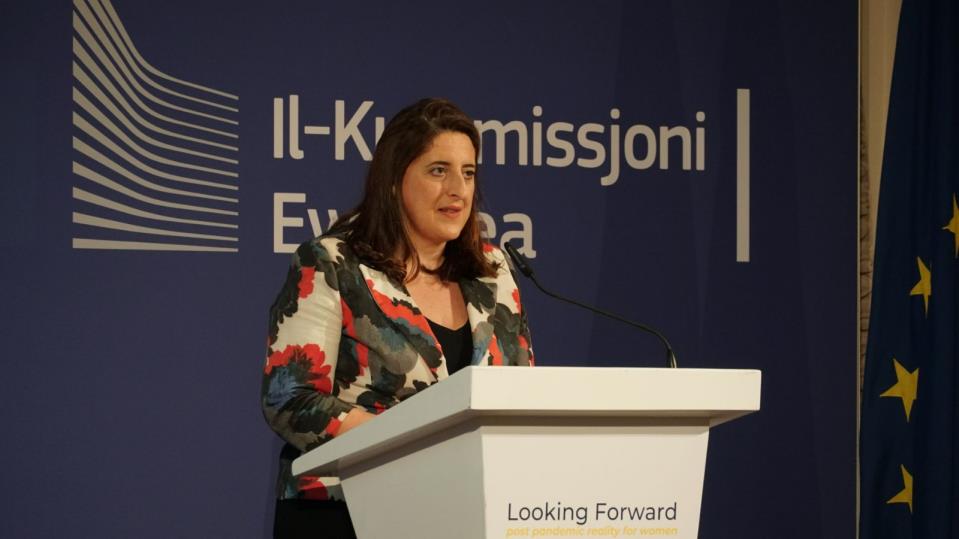
Therese Zahra, acting head of the European Commission representation office in Malta, said that "Every year we try to mark Women’s Day in a different way and there is still a lot to be done, to discuss and push issues into the limelight. We have learnt to become resilient during the pandemic, what we would like to discuss today is the impact of the pandemic on these women.
The European Commission is pushing to mitigate the impact of Covid-19, from the provision of vaccines, as well as being very focused on the economic part, the economic recovery. The commission is also focused on the softer subjects – meaning the gender-related issues which came out of this pandemic.”
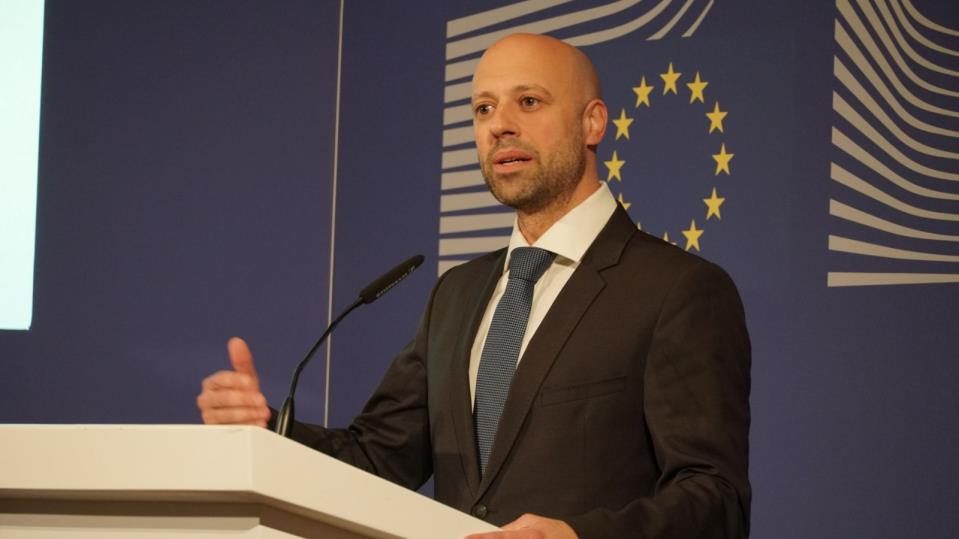
Mario Sammut, Head of European Parliament Liaison Office in Malta said that it is important still in 2022 to celebrate Women’s Day to highlight issues faced by women. While the European Union has made great strides for women’s rights, he admitted that there is still a lot to be done regarding the issue.
He understood that women do face more difficulties in terms of balancing family life and their professional life, and during the pandemic this difficulty considerably increased, as children had to be at home and there were extra duties of care. Sammut said that a lot of women have managed to balance this brilliantly, but it remains important that people are aware of the issues.
He understood that certain professions such as the health profession are dominated by a female presence, who have had to work long exaggerated shifts and then balance time with their families. “The recovery at this post-pandemic stage should focus on women to compensate the hardships and difficult times that they have been through,” Sammut said.
He also said that the plight of women should not only be talked about, but also concrete action must be taken to better the lives of women regarding this matter, bringing up an example of when during the pandemic, Former President of the European Parliament David Sassoli opened unused parliament buildings as a refuge for women to escape domestic violence situations.
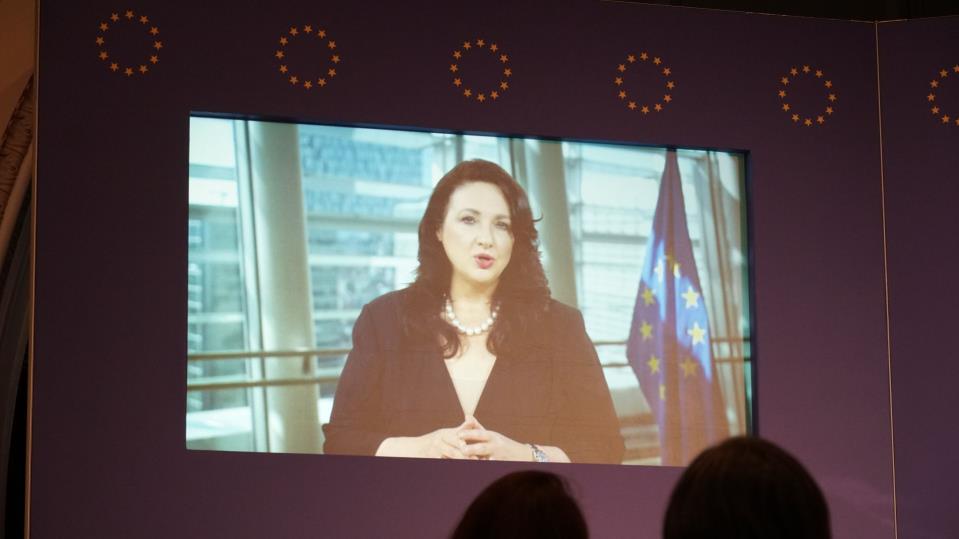
European Commissioner for Equality Helena Dalli addressed the conference in a video message, saying that one in three women experience domestic violence at least once in their lifetime. She said that European Commission Ursula von der Leyen has the issue of violence against women at the top of her priority list to address, and the effective prevention of gender-based violence is crucial.
She said that empowering victims as well as society as a whole to recognize violence and address it immediately is key. Pay transparency will also ensure equal directive at the earliest and the Commission will propose a directive to ensure this transparency, working closely with the European Union, she said.
Dalli said that the incidence of violence saw a 33% increase during the first few weeks of lockdown. “Violence against women is one of the worst discriminations against women, impinging on our right for equality,” Dallis said.
She added that The Commission will adopt the first ever comprehensive legislative proposal on violence against women and domestic violence which includes a comprehensive approach as well as extending protection online where a lot of hatred against women is taking place. It will cover prevention, protection, and support as well as prosecution and cooperation amongst authorities, Dalli said. The proposal entails all member states to implement the measures.
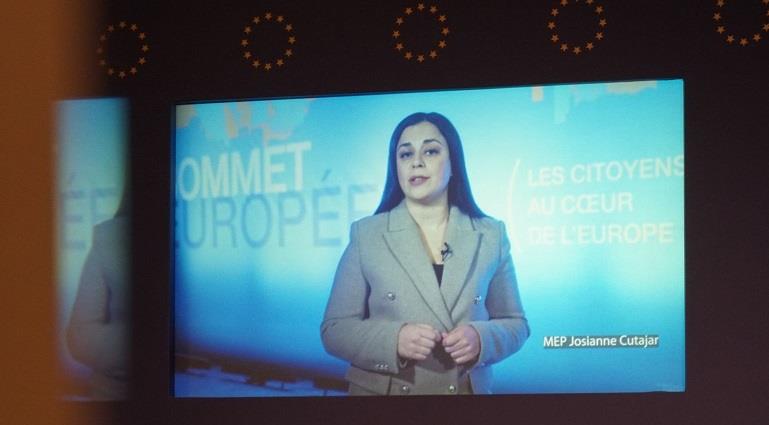
Maltese MEP Josianne Cutajar said in a video message that there needs to be serious and flexible adjustments in the workplace to promote better work-life balance. “It is important to discuss the applications which teleworking has on gender equality,” she said.
Better work-life balance would increase gender equality, but it should not be the sole solution for childcare, for example, especially when it comes to bridging the gender gap, Cutajar said. She added that mothers have had to look after children more often than fathers, which may result to women having negative repercussions on their mental health.
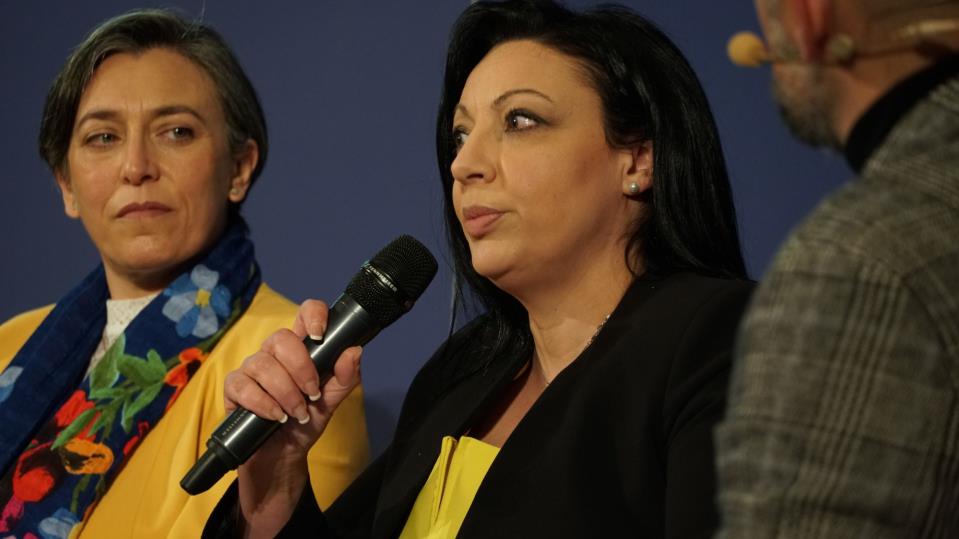
CEO of the Malta Chamber of Commerce Marthese Portelli said that there should be an employer-employee approach at the workplace where the employer understands the personal contingencies of their employees irrespective of their gender.
“I believe that we need to also look on how to reinforce facilities at the place of work, as well as we need to move away the clocked fixed number of hours and focus more into the trust between employer and employee and the enjoyment of the work per say,” Portelli said, focusing greatly on flexible working conditions which allow women to work in their own time.
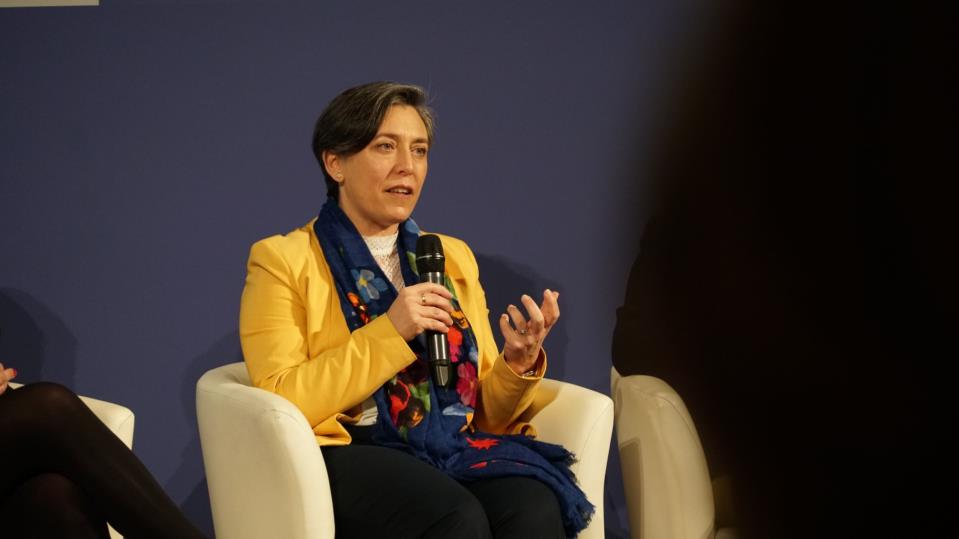
CEO of the Richmond Foundation Stephania Dimech Sant said that she is pleased that mental health is becoming more and more recognized as a pillar it truly is. She highlighted that pregnant women’s brains work different to those who have never borne children, leading to women who naturally take on certain responsibilities for their children.
“We also expect from ourselves as women, as well as it is culturally expected from us to carry the burden of childcare and home responsibilites more than men,” she added.
Dimech Sant said that there needs to be resources and provisions for women to deal with their mental health, especially educating girls and boys to be able to foster respectful relationships with each other which considers needs more equally.

Valerie Visanich, Senior Lecturer at the Department of Sociology, University of Malta said the closing of schools and childcare centres created extra pressure on women who had to constantly juggle their jobs, housework, and childcare, she said. Addressing also single mothers or single parent households, they have suffered the extra burden as they did not have the contribution of a partner or spouse, Visanich said.
Scholarly sources tend to look at the normative heterosexual families, she said. Studies on same-sex couples outline more how roles are more based on personal preferences whereas heterosexual roles are assigned culturally based on gender, Visanich said.
“This should not be seen as an excuse to create a gap between what men can do and what women should do,” she added. There has been an increased sense of guilt on women for having to leave children because of work, as home schooling during pandemic needed constant need of supervision of their child, she said.

President of the National Council of Women Mary Gaerty highlighted the great increase in domestic violence during the pandemic where women could not escape their situations as easily. She also said that mothers with small children have had to struggle with their own work life, saying that “we threw work life balance out the window, causing the uncertainty of it all.”
“We have learnt as women to be more resilient and stronger, putting forth the message to men that we must work together to tackle the issue,” Gaerty said.
“This has brought to the floor the need to address domestic violence more seriously. We can take a look at the recent Paulina Dembska murder where it decreed a homicide and not a femicide, meaning we need to address femicide more seriously,” Gaerty said. There also aren’t enough spaces for women to seek refuge in when they are in such situations, she said.
Answering a question from the floor, about how can society prepare for the increase in mental health issues for women, Dimech Sant replied that demand for services for mental health, particularly the Richmond Foundation mental health helpline has exploded, with a staggering 900% increase over two years, surprising the service providers.
“We do not assume that the increase is necessarily of a result of new issues, but also the result of more information. A reduction in the stigma and more people feeling comfortable to reach out, especially women, has resulted in this increase. There is, however, a lack of human resources and we need more policy interventions which will attract and support more people towards the mental health sector and also to incentivized to stay on the sector,” she remarked.
A representative from the National Commission of Promotion of Equality presented figures pre-Covid-19, regarding the issue of work-life balance, where 252 women took on reduced hours (30 hours) as opposed to only 16 men who did this.
1,128 women resorted to telework contrary to 255 men who took on telework, she said. She highlighted that this will likely remain the same after the pandemic as gender stereotypes are still predominant which highlights the need to focus on gender stereotyping as well as be proactive and address them across the board, meaning by all stakeholders and all areas, such as the media, policy making and education.
Replying, Portelli said that women are very modest, more cautious, and more truthful than men, as the woman would express what her abilities are more openly.
This advantage is good for companies and the success of companies, as when comparing companies upon restructuring of their staff, where there are women in CEO positions, there was significant progress, said Portelli. She appealed that women should not be seen as objects to tick boxes for the sake of ticking boxes, so that a company could say that they “have more women on the board.”
Answering a question of if local businesses are prepared for telework, Portelli said that the Malta Chamber of Commerce has two pillars, the economic capital and investing in digitalization. “All businesses need to be helped and supported when it comes to technological support, of course, it will not solve the problem for everyone as not every business can be done remotely – we have to make sure there is the right balance we need to make sure businesses have the proper support structures at the place of work,” said Portelli.
Moderator Toni Attard closed the panel debate with a poem addressing women.